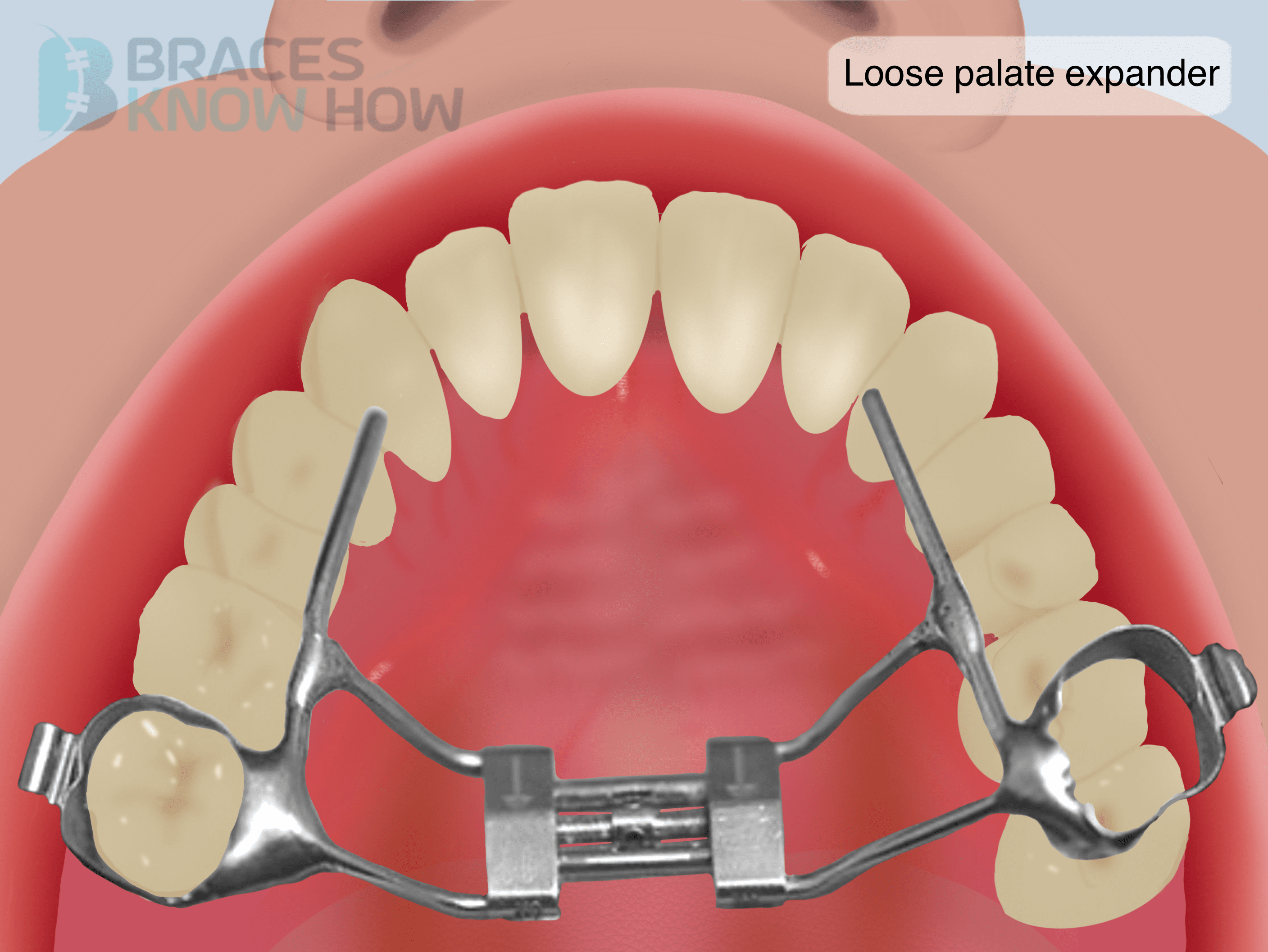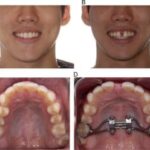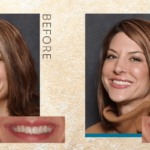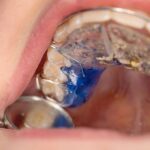Another potential side effect is speech difficulties. Palate expanders can interfere with the normal movement of the tongue, making it harder to pronounce certain sounds. This can affect the clarity of speech and may require speech therapy to address.
It is crucial to note that the long-term side effects of palate expanders are generally rare and temporary. Most patients experience only minor discomfort or changes that resolve on their own. However, it is essential to consult with your orthodontist to ensure that any potential risks are properly assessed and managed.
One of the main long-term side effects of palate expanders is tooth sensitivity. The pressure exerted by the expander on the teeth and surrounding tissues can cause temporary sensitivity, which may persist even after the device is removed. This sensitivity can make it uncomfortable to eat or drink hot or cold foods and beverages.
Another potential long-term side effect is gum recession. The constant pressure applied by the expander can cause the gums to recede, exposing the roots of the teeth. This can lead to increased sensitivity and an increased risk of tooth decay and gum disease.
In some cases, palate expanders can also cause changes in facial appearance. The expansion of the upper jaw can alter the position of the nose and lips, resulting in a wider or more prominent appearance. While these changes are usually temporary, they can be concerning for some individuals.
To minimize the risks of long-term side effects, it is crucial to follow the instructions provided by your orthodontist. This includes properly cleaning and maintaining the expander, attending regular check-ups, and reporting any discomfort or concerns. It is also important to practice good oral hygiene and visit your dentist regularly for cleanings and examinations.
What You Should Know About Palate Expanders
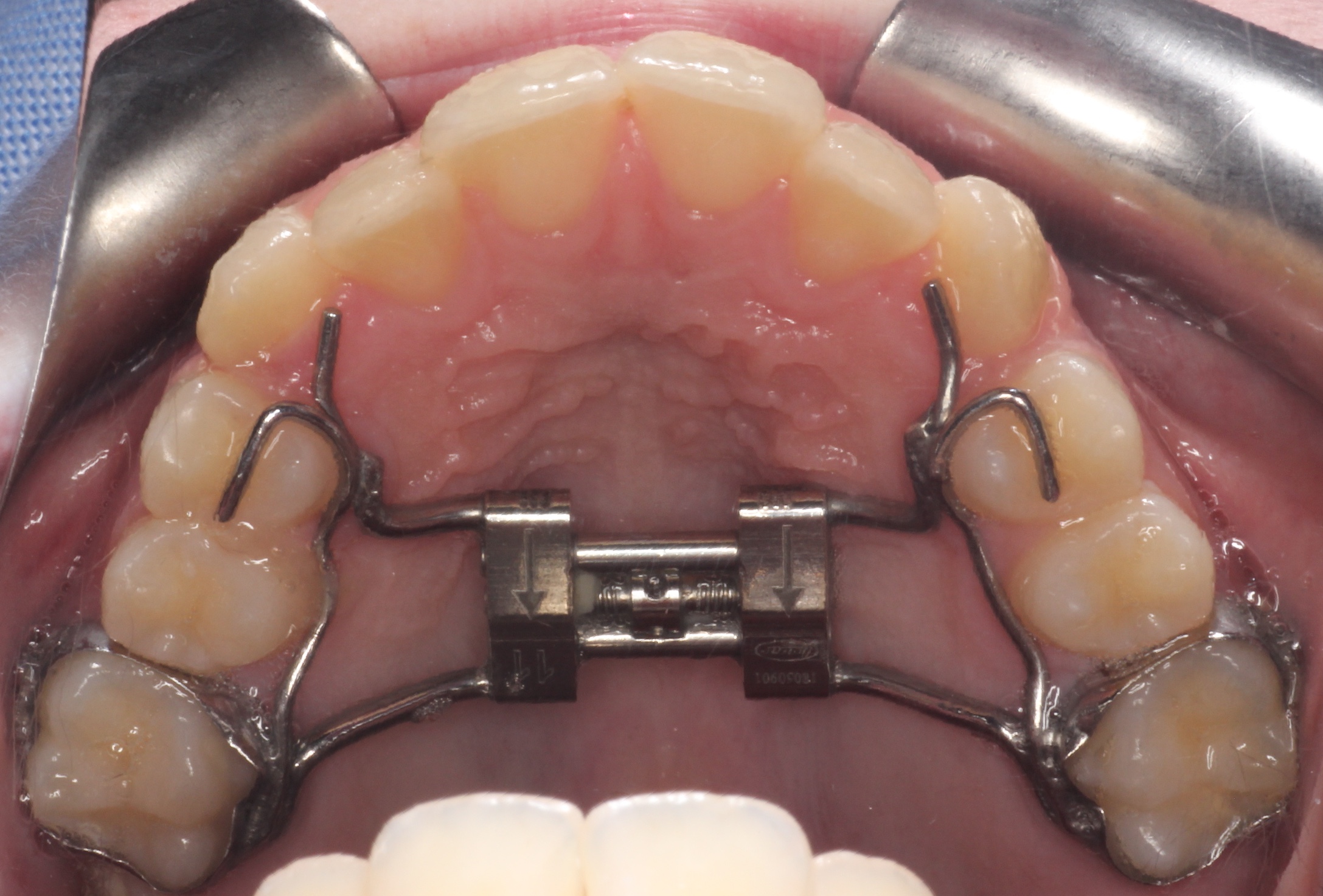
One of the potential long-term side effects of palate expanders is tooth sensitivity. The pressure exerted by the expander on the teeth and surrounding tissues can cause temporary or permanent sensitivity. This can make it uncomfortable or painful to eat certain foods or drink cold beverages.
Another possible side effect is speech difficulties. Palate expanders can affect the position of the tongue and alter the airflow in the mouth, which can lead to speech impediments such as lisping or difficulty pronouncing certain sounds. In most cases, these speech difficulties are temporary and resolve once the expander is removed.
In rare cases, palate expanders can cause more serious long-term side effects such as damage to the roots of the teeth or changes in the facial structure. These complications are uncommon and are usually the result of improper use or inadequate monitoring by the orthodontist.
To minimize the risks of long-term side effects, it is crucial to choose a qualified and experienced orthodontist who can properly assess the need for a palate expander and monitor its use. Regular check-ups and adjustments are essential to ensure that the expander is working effectively and not causing any harm.
| Long-Term Side Effects | Prevention and Management |
|---|---|
| Tooth sensitivity | Using desensitizing toothpaste, avoiding extremely hot or cold foods |
| Speech difficulties | Working with a speech therapist, practicing speech exercises |
| Discomfort and pain | Following orthodontist’s instructions for pain management, using over-the-counter pain relievers if necessary |
| Root damage or facial structure changes | Choosing a qualified orthodontist, regular check-ups and adjustments |
Potential Long-Term Side Effects of Palate Expanders
Palate expanders are commonly used in orthodontic treatment to widen the upper jaw and create more space for crowded teeth. While they are generally safe and effective, there are potential long-term side effects that patients should be aware of.
1. Relapse: One of the main concerns with palate expanders is the possibility of relapse. After the expansion is complete, there is a chance that the jaw may gradually shift back to its original position. This can result in the need for further treatment or even surgical intervention.
2. Speech difficulties: Some patients may experience temporary speech difficulties while wearing a palate expander. This is because the appliance can interfere with the normal movement of the tongue and affect speech production. However, these issues typically resolve once the expander is removed.
3. Gum and tissue irritation: The metal or plastic components of a palate expander can cause irritation to the gums and soft tissues of the mouth. This can lead to discomfort, inflammation, and even sores. Regular oral hygiene practices and proper adjustment of the appliance can help minimize these side effects.
4. Temporomandibular joint (TMJ) issues: In some cases, the use of a palate expander can put stress on the temporomandibular joint, which connects the jaw to the skull. This can lead to TMJ issues such as jaw pain, clicking or popping sounds, and difficulty in opening or closing the mouth. Patients with pre-existing TMJ disorders may be more prone to these side effects.
5. Allergic reactions: Although rare, some individuals may have an allergic reaction to the materials used in palate expanders, such as nickel or latex. Symptoms can include skin rashes, itching, and swelling. If an allergic reaction is suspected, the expander should be removed immediately and alternative treatment options should be considered.
How to Minimize the Risks of Long-Term Side Effects
![]()
- Choose a qualified orthodontist: It is crucial to select an orthodontist who is experienced and knowledgeable in using palate expanders. They will be able to assess your specific needs and provide appropriate treatment.
- Maintain good oral hygiene: Proper oral hygiene is essential when using a palate expander. Make sure to brush your teeth and clean the expander thoroughly to prevent any buildup of bacteria or plaque.
- Monitor for any discomfort: Pay attention to any discomfort or pain you may experience while wearing the palate expander. If you notice any issues, contact your orthodontist immediately for further guidance.
- Stick to a soft diet: It is advisable to stick to a soft diet while wearing a palate expander. Avoid hard or sticky foods that could potentially damage the expander or cause discomfort.
- Attend regular check-ups: Regular check-ups with your orthodontist are essential to monitor the progress of your treatment and address any concerns or issues that may arise.
- Communicate with your orthodontist: If you have any questions or concerns about the palate expander or its long-term side effects, do not hesitate to communicate with your orthodontist. They will be able to provide you with the necessary information and guidance.
- Be patient: Palate expansion is a gradual process, and it takes time to achieve the desired results. Be patient and trust the process, as rushing or forcing the expansion can lead to potential long-term side effects.

Dr. Fidel Cann: Esteemed orthodontist with a lifelong dedication to enhancing smiles and oral health. Pioneering expertise, compassionate care.
